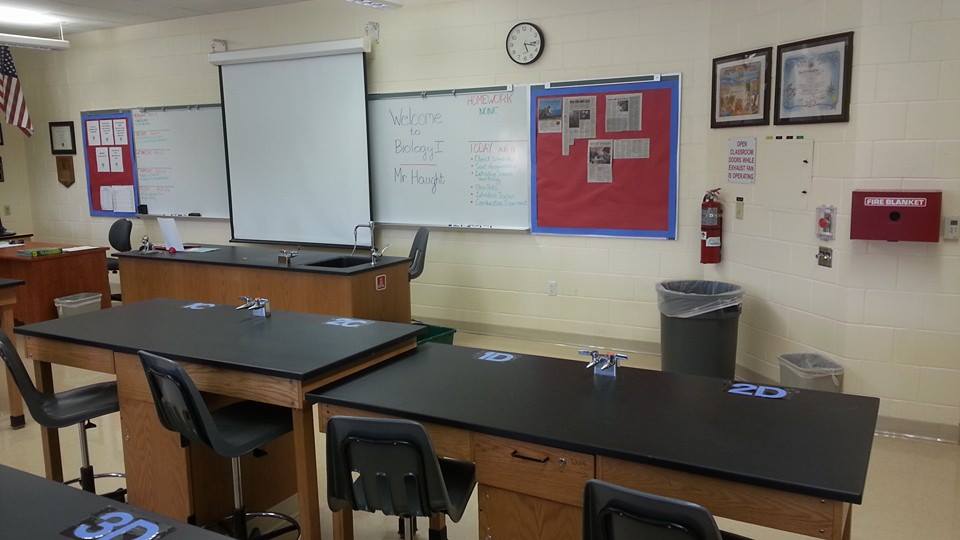Lyn Millner asked that I participate in a getting to know you writing exercise about writing. I said sure, why not. She asked four questions and here are my answers. (By the way, I love Lyn’s book subject. I’m envious.)
What are you working on?
 Actually, I’m stumbling through a much desired but nonetheless stressful major life change. I was hired about a week ago by a local high school to be a biology teacher! I’ve been working toward that career switch for roughly seven years or so. For those who don’t know, I’ve never been a full time writer. I wrote Going Ape in the nooks and crannies of my free time while working days (and nights and weekends) as a spokesman for the county sheriff’s office. I’ve always felt that the spokesman job chose me rather than my choosing it. It’s been a good job with a great boss, but it never was what I truly wanted to do in life. I felt a desire to teach science instead, so I worked my rear end off attaining an appropriate college degree and certification. After many obstacles and some discouragement I somehow managed to finally land in a classroom of my own! School starts Monday. Wish me luck. (Picture is of my classroom. Look! My name is on the board!)
Actually, I’m stumbling through a much desired but nonetheless stressful major life change. I was hired about a week ago by a local high school to be a biology teacher! I’ve been working toward that career switch for roughly seven years or so. For those who don’t know, I’ve never been a full time writer. I wrote Going Ape in the nooks and crannies of my free time while working days (and nights and weekends) as a spokesman for the county sheriff’s office. I’ve always felt that the spokesman job chose me rather than my choosing it. It’s been a good job with a great boss, but it never was what I truly wanted to do in life. I felt a desire to teach science instead, so I worked my rear end off attaining an appropriate college degree and certification. After many obstacles and some discouragement I somehow managed to finally land in a classroom of my own! School starts Monday. Wish me luck. (Picture is of my classroom. Look! My name is on the board!)
As far as writing, I have a few small projects I’ve been trying to wrap up before school starts. For instance, I wrote an article (or paper or whatever they call it) for the journal of the Florida Academy of Sciences. That was a new and challenging writing experience. It’s much more formal than I’m used to.
I also have my eyes set on a potential new book. I’ve done preliminary research and the subject has me hooked. However, the only way I can get this project off the ground is to find some relevant people to give me significant access to very personal aspects of their lives. I have no idea if I will be able to accomplish that. I sincerely hope so. But with my new teaching career consuming my life right now, it will be a while before I dig into that.
How does your work differ from others’ work in the same genre?
Going Ape was published by an academic press (University Press of Florida). My book was deeply researched and all of my sources are fully documented in keeping with the publisher’s high standards. But I set out to make the book accessible to anyone interested in the subject. I wanted the story to flow in an engaging way. The feedback I’ve received so far indicates I may have hit that mark.
The book also delves deep into nine decades of history. But it’s not some dusty tome only of interest to buffs of a specific aspect of history. Heck no. The subject of teaching evolution in Florida schools is a volatile subject today. The history I documented flows seamlessly into the events happening here and now.
Why do you write what you do?
Clearly, I love science. I took every science class my high school had to offer (many years ago). Despite having veered off in a different direction after high school, I maintained my interest and volunteered to serve on the board of Florida Citizens for Science. The experiences I had there sparked a curiosity about past conflicts over the teaching of evolution. Ta-dah! A book.
How does your writing process work?
It’s in fits because writing is a part time endeavor. There may be weeks or months when little writing gets done. But then I wear out the keyboard over a weekend or a string of quiet nights.
I have to read and organize and form the story I want to tell in my head in order for the writing to flow. There essentially has to be a movie playing in my imagination before I can transfer it into words. There have been many times when I’ve been forced into writing when I don’t have that mental movie fully formed. Those writing sessions are torture. There’s a lot of frustration, sweating and cursing. But when the mental movie is complete, the writing is smooth.




